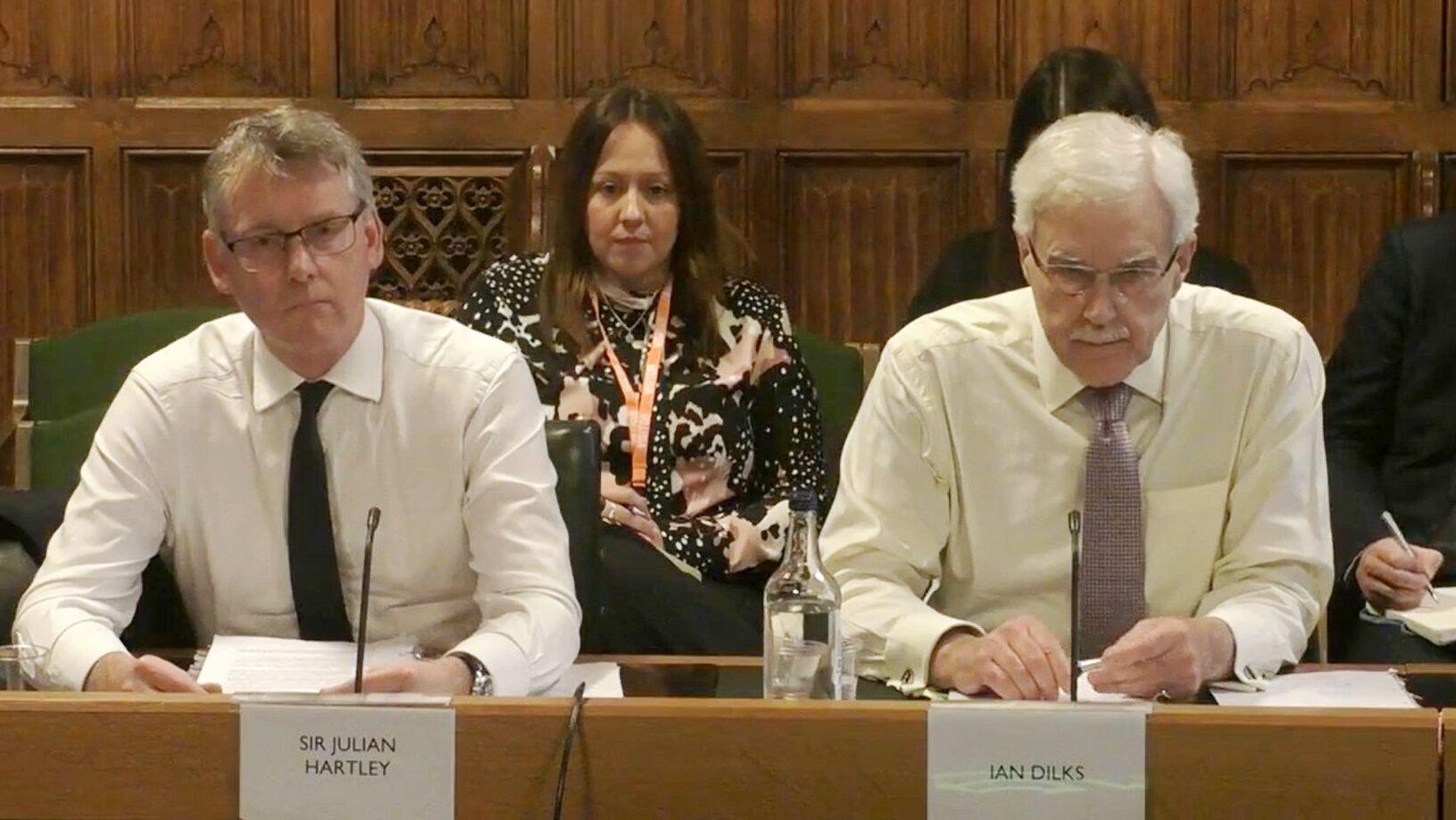I’m no Scots Nat, but they know what they’re doing on health
One senior manager says the SNP government deserves credit for its realistic and supportive approach to reforming Scotland’s NHS.

I’m a senior manager in NHS Scotland, managing a large budget and a substantial number of staff. We have the same challenges as our counterparts in England, but – though I’m not a nationalist – the Scottish National Party deserve an above-average score for their management of health and care. There is, however, one looming problem that could undermine their policies.
My biggest challenge is balancing four competing demands: keeping within budget, treating people inside 12 weeks, maintaining service quality and ensuring patient safety. With demand for services, multiple morbidities and drug prices constantly rising, I can’t achieve all four. So I have to make choices – and those are really lonely decisions.
It’s like walking a tightrope, with crocodiles on one side and lions on the other, while being followed by someone with a knife. My response is always to focus on quality and safety: whilst I might lose my job for overspending, if something goes badly wrong on safety, I could be responsible for a patient being harmed or end up in court.
In Scotland, we have no purchaser-provider split or competition between health providers. Regional health boards run both primary and secondary care – it’s a more collaborative model than England. That’s particularly helpful at the moment, as in April 2016 we merged health and social care and created Integrated Joint Boards (IJBs) at the local authority level to manage combined budgets. This gives us a fighting chance of being able to build sensible plans for the next crucial steps.
The government’s strategy is to move more money into the IJBs, which I support – but it means that acute budgets and services will take the pain. So we need to reduce demand for them by working jointly with our IJB partners to provide non-acute models of care – for example, by creating new care home places or elective care centres.
Quite bravely, the SNP also has a ‘Realistic Medicine’ agenda, which is about having an honest conversation with the public about over-medicalisation and trying to ensure that all treatments have real benefits for patients. That provides an opening into difficult conversations about our ability to meet competing expectations on waiting times, quality, safety and budgets.
Demand for health services is going to outstrip supply for a generation; unless there’s significant tax changes, we’ll always be climbing a very steep hill. On balance, I think the Scottish Government has the right policies to minimise the steepness of that hill.
It is a leap of faith, though. Will we be able to transform our services? Will the public accept that patients won’t always get the treatment they feel they need? Will politicians be willing to stay the course? And there’s another major obstacle: staffing.
There’s just not enough medical and nursing professionals coming through the system. We try to plug the gaps with agency locums, but they’re expensive; and it’s even harder to recruit into services that are already reliant on temporary staff.
The problem is partly rooted in our education system’s failure to train enough healthcare professionals, and partly due to Brexit: our EU staff are really concerned about their futures here. This is a serious threat to our IJB plans, which rely on EU staffing in new health and social care facilities. I’m no fan of the SNP, but they’ve been really positive about protection for EU nationals. In the end, though, it all depends on the final settlement with the EU – and that’s in the hands of the UK government.
The Sharp End is your chance to tell politicians and civil servants how their policies affect your work and your organisation. A version of this story was also published in the Guardian. To work with a reporter on your own story, email editor@healthcare-manager.co.uk. When requested, anonymity is guaranteed.
Related News
-

The inspector falls: why the CQC needs a fresh start
After years of chaos, the Care Quality Commission urgently needs to rebuild trust and credibility with the public and the services it regulates. What needs to change and what are the priorities for new boss Sir Julian Hartley? Alison Moore reports.
-

Voice, value and vision: what analysts need from the NHS
Data analysts play a vital role in an NHS which is increasingly data-driven and focused on public health trends. But the NHS faces fierce competition for skilled analysts and many feel the health service fails to value them or fully use their talents. Alison Moore reports.
-

It ain’t what you do, it’s the way that you do it
The government’s upcoming ten year plan will try yet again to shift the NHS towards community, digital and prevention. The big question is how, writes Craig Ryan. Try honesty, patience, focusing on what matters and empowering staff and local managers—that’s what gets results.